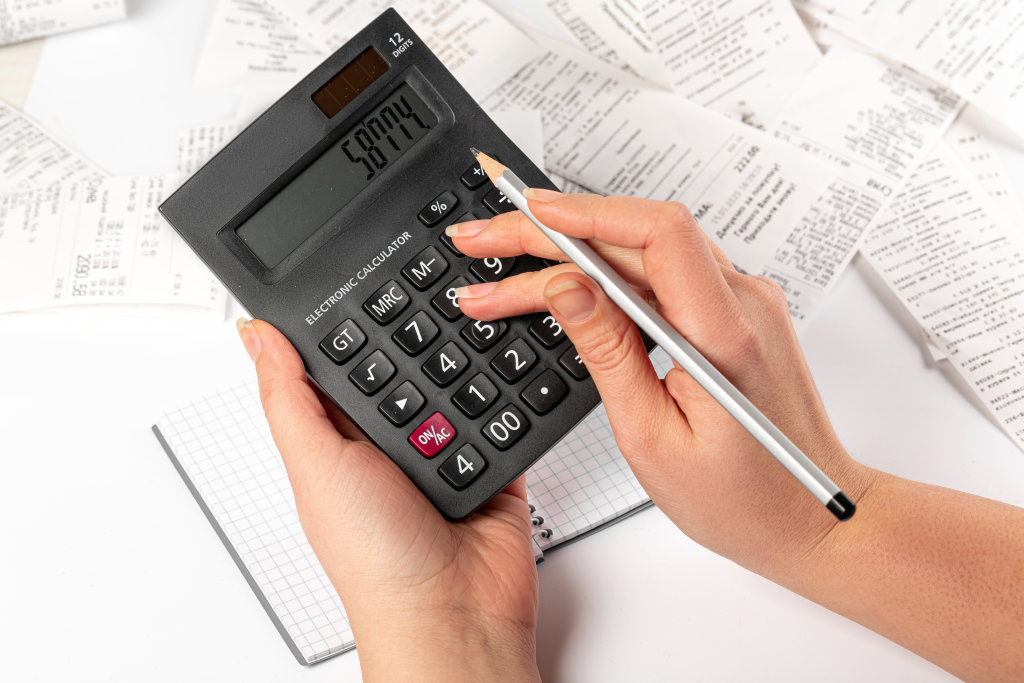Effective Quantity Surveying Practices for Budgeting and Cost Control

12th October, 2023
Budgeting and cost control are 2 of the main fundamental aspects of quantity surveying, which plays a vital role in the success of construction projects. Effective management of project costs requires careful planning, monitoring, and control throughout the project lifecycle. This article aims to provide a comprehensive guide to effective quantity surveying practices for budgeting and cost control. By implementing these practices, quantity surveyors can optimise project outcomes, minimise cost overruns, and ensure the efficient allocation of resources.
- Thorough Project Analysis – Before commencing any construction project, a thorough analysis is vital. Quantity surveyors should conduct a detailed feasibility study to assess the project’s viability, identify any potential risks, and estimate costs accurately. This analysis involves evaluating factors such as site conditions, materials, labour requirements, and regulatory compliance. By conducting comprehensive due diligence, quantity surveyors can develop realistic budgets and identify potential cost-saving opportunities.
- Accurate Cost Estimation – Accurate cost estimation forms the foundation of effective budgeting and cost control. Quantity surveyors should leverage their expertise and industry knowledge to estimate costs for various project components, including labour, materials, equipment, and overhead expenses. Utilizing historical data, industry benchmarks, and detailed quantity take-offs can help improve the accuracy of cost estimation. It is crucial to account for potential contingencies and allowances to avoid unexpected cost escalations. Even though it is rare that quantity surveyors will estimate the project costs to the exact price, a good quantity surveyor will get within 2.5% of the overall project cost.
- Collaborative Cost Planning – Effective cost planning involves collaboration with project stakeholders, which includes clients, architects, engineers, and contractors. Quantity surveyors should actively engage in the design development process, providing cost advice and value engineering suggestions to optimise project costs without any compromise on quality on the end product. Collaborative cost planning facilitates early identification of potential cost-saving measures and ensures alignment of project objectives with available resources.
- Real-Time Cost Monitoring – Continuous cost monitoring is essential to track project expenditure and identify any deviations from the budget. Quantity surveyors should implement robust cost tracking systems and regularly update project cost reports. This allows for real-time analysis, enabling proactive decision-making to address cost overruns or scope of works changes promptly. By closely monitoring costs, quantity surveyors can implement necessary corrective actions, such as value engineering, renegotiating contracts, or seeking alternative suppliers, to maintain project profitability.
- Effective Change Management – Change is inevitable in construction projects, and efficient change management is crucial for effective cost control. Quantity surveyors should establish a robust change management process to evaluate and quantify the impact of changes on project costs. This involves assessing change orders, negotiating fair prices, and ensuring proper documentation. By implementing a structured change management process, quantity surveyors can prevent cost overruns, mitigate disputes, and maintain project financial stability.
- Supplier Management and Procurement – Procurement decisions greatly influence project costs, and effective supplier management is essential for cost control. Quantity surveyors should evaluate potential suppliers based on their financial stability, track record, quality of work, and pricing competitiveness. Careful selection of suppliers can result in cost savings without compromising quality. Additionally, negotiating favourable contract terms, such as price adjustments, warranties, and delivery schedules, can help manage project costs effectively and reduce the probability of delays, which again helps to manage costs in the scope of the project lifecycle.
- Regular Cost Reporting and Communication – Transparent and regular communication of project costs is vital to ensure all stakeholders are informed and aligned. Quantity surveyors should provide comprehensive cost reports at regular intervals, highlighting project expenditure, variations, and potential risks. Clear communication fosters accountability and enables informed decision-making by project stakeholders, facilitating proactive cost control measures.
Effective budgeting and cost control are paramount in quantity surveying to ensure the successful completion of construction projects within allocated resources. By implementing the aforementioned practices, quantity surveyors can optimise project efficiency, minimize cost overruns, and enhance stakeholder satisfaction. Thorough project analysis, accurate cost estimation, collaborative cost planning, real-time cost monitoring, efficient change management, supplier management, and regular cost reporting are key elements of effective quantity surveying practices for budgeting and cost control. By adopting these practices, quantity surveyors can maximise their contribution to project success and the overall profitability of the construction industry.




